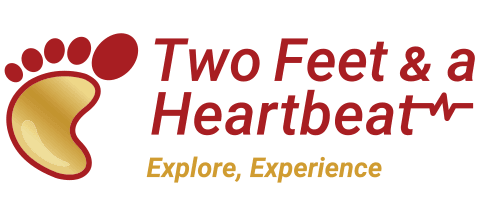Educational Excursions – Teachers Resources Year 5
WA Humanities and Social Sciences Curriculum
Students are given the opportunity to develop humanities and social sciences understanding through key concepts including significance; continuity and change; cause and effect; place and space; interconnections; roles, rights and responsibilities; and perspectives and action. These concepts may provide a focus for inquiries and be investigated across sub-strands or within a particular sub-strand context.
Students are given the opportunity to develop the concepts of place, space, environment, interconnection and sustainability continue to be developed as a way of thinking. Students have the opportunity to inquire into how the environment supports the lives of people and all other living things; and that people have differing views on how sustainability can be achieved.
Curriculum Delivery Assistance
Students are given the opportunity to develop historical understanding through the key concepts continuity and change, cause and effect, perspectives, empathy and significance. These concepts are investigated within the historical context of colonial Australia in the 1800s and the significant events and people who shaped the political and social structures at that time.
Investigate the economic, political and social reasons for establishing British colonies in Australia after 1800. e.g. the defeat in the US War of Independence, war with European rivals, establishment of penal colonies.
Explore patterns of colonial development and settlement (e.g. geographical features, climate, water resources, transport, resources) and how this impacted upon the environment and the daily lives of the different inhabitants (e.g. Aboriginals, convicts, free settlers, immigrants)
Understand the economic, social and political impact of one significant development or event on a colony and the potential outcomes created by ‘what if…?’ scenarios (e.g. First Contact, the Pinjarra Massacre, gold rushes, the advent of rail, farming; suburbanisation, urbanisation)
Recognise the contribution or significance of one individual or group in shaping the Swan River Colony, including their motivations and actions (e.g. groups such as Noongar, politicians, explorers, farmers, convicts or individuals such as James Stirling, Thomas Peel, George Fletcher-Moore, Edith Cowan, John Curtin).
Students will be introduced to HASS components from Year 6 and 7 including “How has Australia developed as a society with global connections, and what is my role as a global citizen?”
- City density
- New developments
- Laneways
- Street Art
- Urbanisation
- Gentrification
- Limitations of resources
When preparing for the excursion teachers might consider teaching or having the students research some of the following:
- The original inhabitants of the region –Whadjuk Noongar
- The early Dutch explorers (Dirk Hartog, Willem De Vlamingh etc)
- Convict settlements on the Australian east coast
- Frederickstown (present day Albany) and the “Friendly Frontier”
- James Stirling and his initial visit in 1827 and the subsequent arrival with colonists in the middle of winter 1829
- The struggles endured by the early settlers (Climate, isolation, soil)
- The decision to ask Britain to send convicts
- The influence of the free labour offered by the convicts
- The gold rushes of the 1890’s
- 1890’s major migration groups (Chinese, Afghan)
- Reasons for Eastern European immigration in the first half of 1900’s.
- Post World-War II suburbanisation of Perth
- Urbanisation of cities in 2000’s
These suggestions allow teachers to meet requirements of the history and geography components of the curriculum.
Prior to the excursion there will be an opportunity for the Two Feet & a Heartbeat to clarify with the teacher the focus and specific outcomes being sought. This can include a custom start/finish location, a suggested route and timing of the excursion. A worksheet for use during and after the tour will be provided in advance.
Teachers may wish to follow the excursion with the following reading, audio, video and learning activities as encouraged by the curriculum:
- Further mapping activities
- Exploration of the effects of colonisation.
- Influential indigenous people during the 1800’s
– Mokare
– Yagan
Other influential people of colonial times
Mapping
– Perth streets overlaid on wetlands
Video
– Yagan
This is the story of Yagan – murdered and cruelly beheaded in 1833 by those he trusted. When the Swan River colony (later the city of Perth) was established in 1829, times were tough. Food was scarce and the initially good relations between British settlers and local Noongar people spiralled tragically out of control into a conflict over land and resources.

Primary School Excursions | Culture and History
Inspire and engage your students with an exploration of Perth or Fremantle via the main streets, laneways, parks and heritage spaces, while they are immersed in the history and culture…
explore
